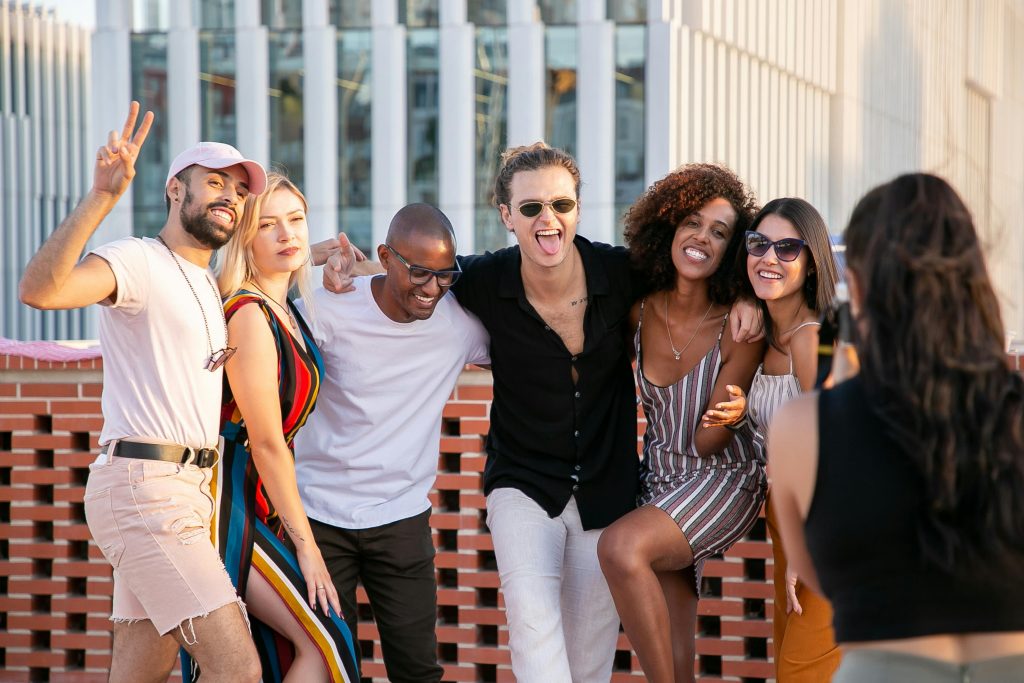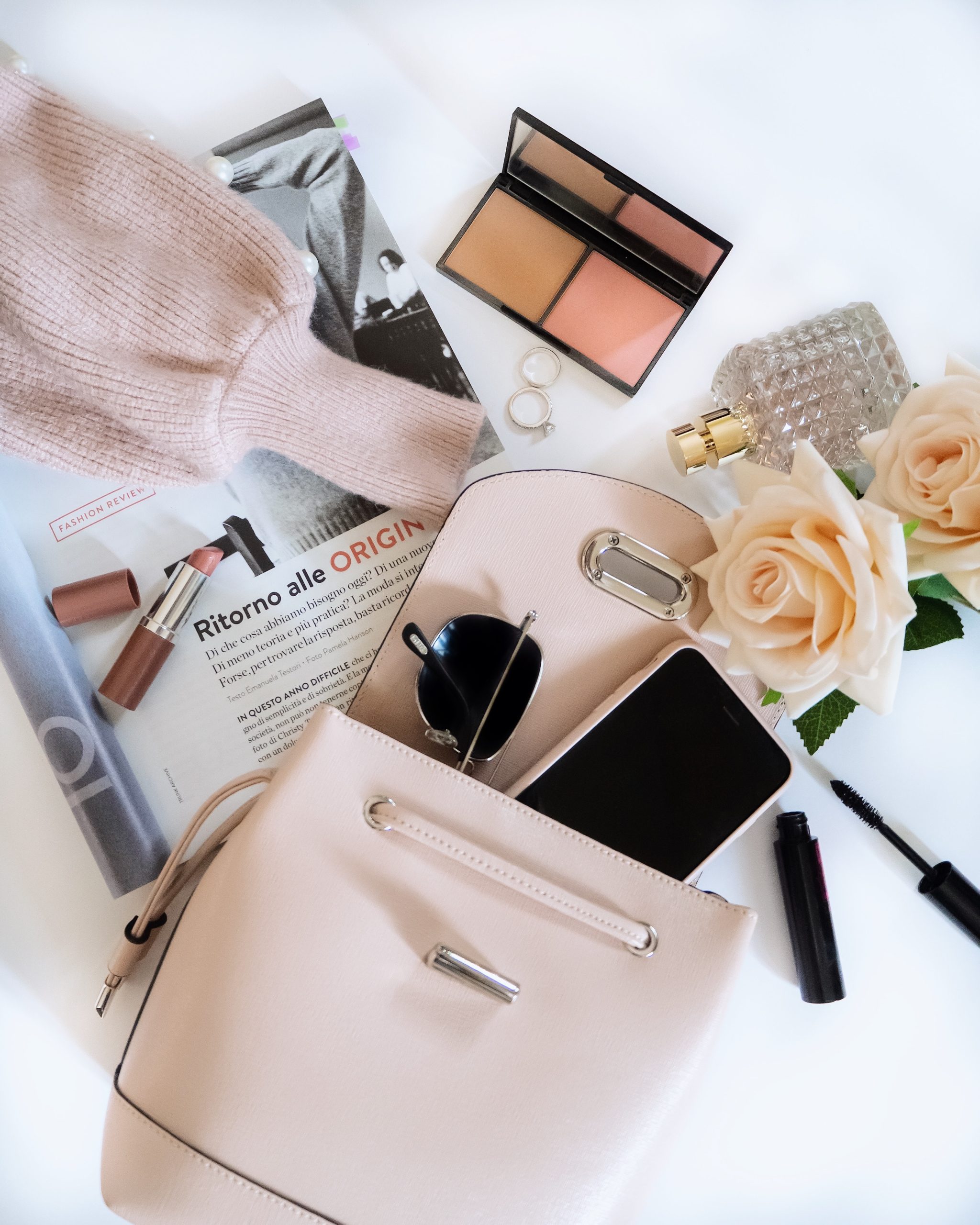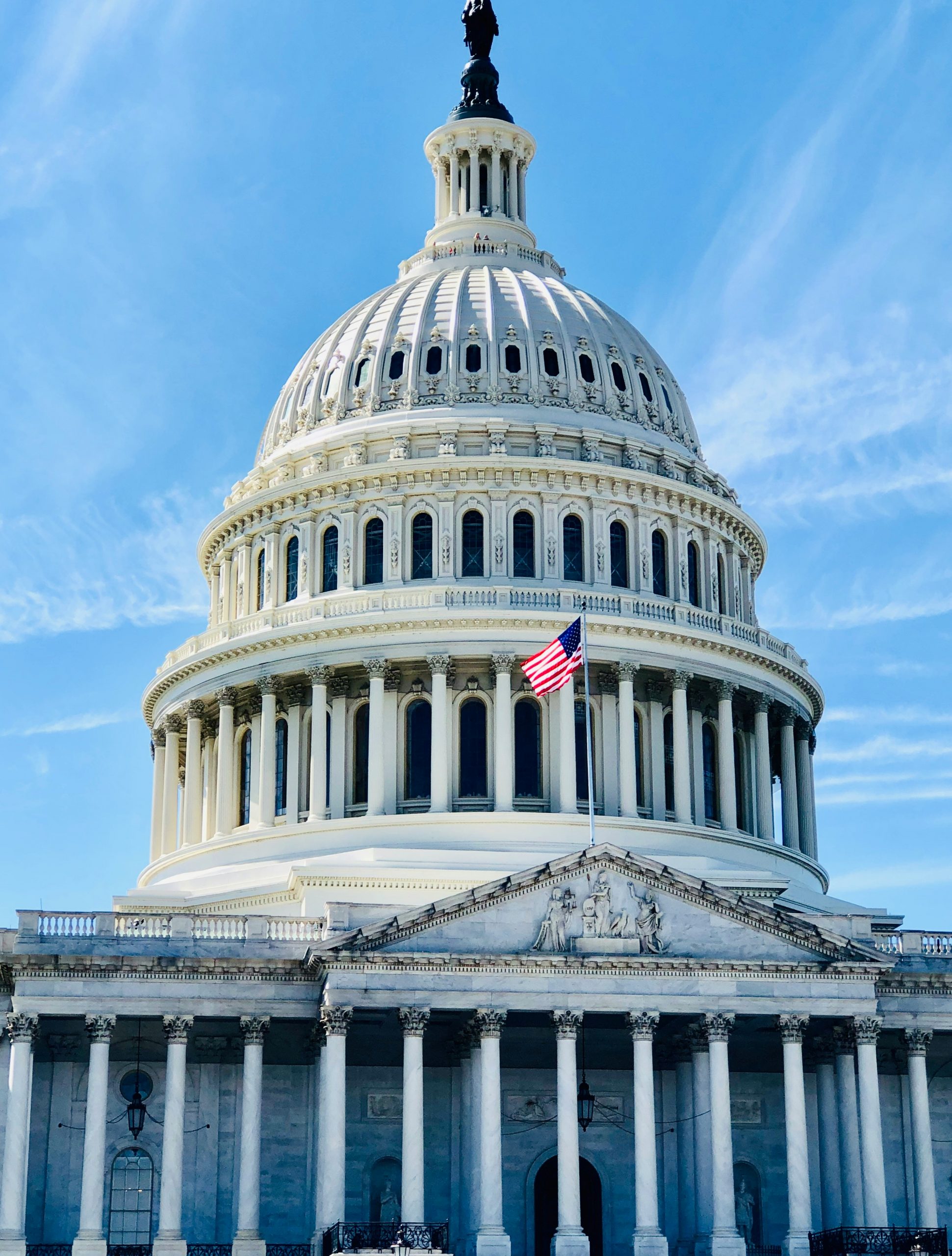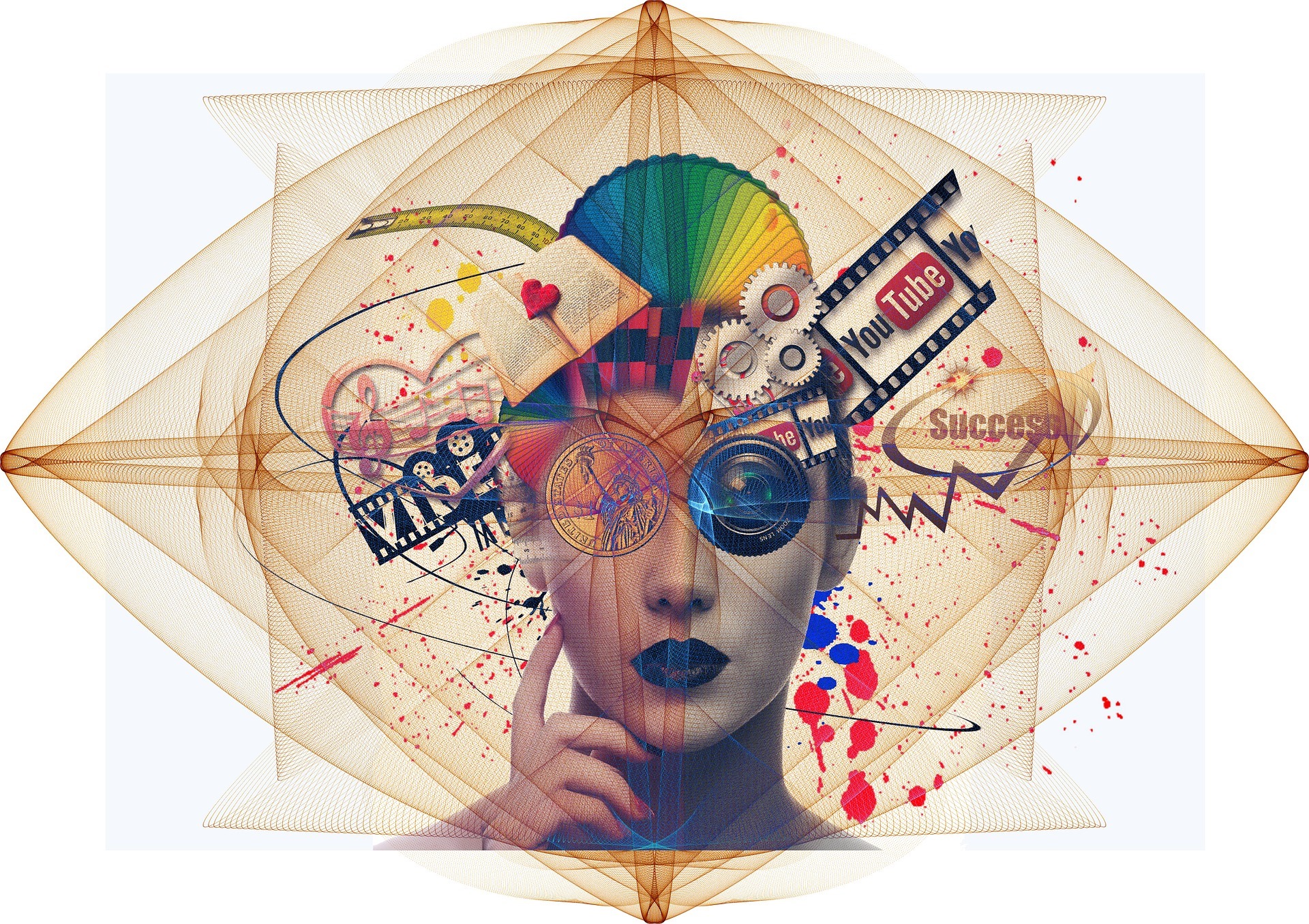It’s no surprise social media has become a big part of our lives. Every day, millions of people share their photos, stories, recipes and also react to the posts shared by others. We’ve been so immersed in the digital bubble that it’s to avoid sharing that cute photo of your dog or a girls’ night out in Cyprus. While social media can bring us closer as it gives the opportunity to connect and communicate, it also greatly affects our ego and self-esteem. In today’s article, I want to get into the depths of social media platforms and how they form our self-worth. Are they our biggest cheerleader or a gaslighting enemy? Let’s find out.
Can you stay real in the world of reels
I have to be honest, most of us definitely don’t post about the boring Sunday chores or the mountains of laundry that never disappear. Social media serves as a reel of our lives that we put in our highlights. We show off the best vacations and nights out, the fanciest-looking dishes, and the joyful and ecstatic moments with the people we love. This creates the enigma, the façade that we’re living our best lives and we’re feeling good about ourselves. Likes and positive comments are like little pats on the back, telling us we’re doing great.
But are we the only ones to blame?
Of course, there’s another side. When we’re constantly surrounded by everyone else’s perfect lives, it’s easy to feel that we are lacking something. Be it a luxurious yacht experience or eating oysters while watching the sunset in Rome.
That new shiny car your co-worker just bought? Suddenly, our reliable early 2000’s Volkswagen feels like an old wheelbarrow. The weekend you spent at the park with the kids eating ice-cream and playing hide-and-seek? It’s fun but is it social media–worthy? This comparing game can be a huge blow to our self-esteem. To learn more about the intricacies of the ego, I recommend having a glimpse at this article, which draws on the ego, our psyche and self-awareness.
According to Liverpool Hope University professor Julienne Mcgeough, while social media comparison can be a problem for anyone, it’s especially risky for young adults entering university. She explains that at this point in their lives, young people are more inclined to find their place in life and build a sense of belonging. This innate urge can encourage them to compare themselves to others on social media platforms, which could potentially make them fall for negative comparison patterns.
How to avoid the alluring social media traps

So, what is there to do then? Should we ditch social media for good? It is important to remember that social media is a tool (maybe not a hammer or a saw), but like any tool, it can be either used positively or abused for the worse. Here are some tips to keep your ego on track:
- Focus on quality over quantity. Instead of posting everything, share things that are truly meaningful to you. Allow yourself to avoid filters or overly retouched photos. Sometimes sharing a fun memory or a joke can inspire other people more than showing off your new car.
- Unfollow accounts that make you feel marginalized and vulnerable. I’ve definitely unfollowed a few of them as they had become too pushy and intrusive with their overly exaggerated cotton-candy fluff posts.
- Remember, everyone has their own hardships and bad days. Don’t be fooled by the pretty picture. There are many accounts that share their personal stories, whether they involve mental health struggles, being a foreigner or an expat issue, or just not fitting in the trendy online crowds.
- Use social media to connect; forget the game of comparison. Focus on the main function of social media – to connect with your friends conveniently and honestly.
- Spend real time with real people. It’s important to take breaks from social media and spend time with your friends and family face-to-face. Remembering who we are beyond the blue screen, and focusing on our true passions and relationships, can help us maintain our ego in place and our self-esteem at bay.
Final Remarks
In conclusion, over the past decade, social media has increasingly influenced our daily lives, including our ego. While it can be a great source of connection and self-expression, we need to stay mindful of its negative impact and outcome. By understanding how it shapes our self-image, we can use it in a way that lightens up our lives rather than makes us feel insecure and emotionally wounded. Be authentic, both online and offline, and not let the amount of glittering digital hearts define who we are.



